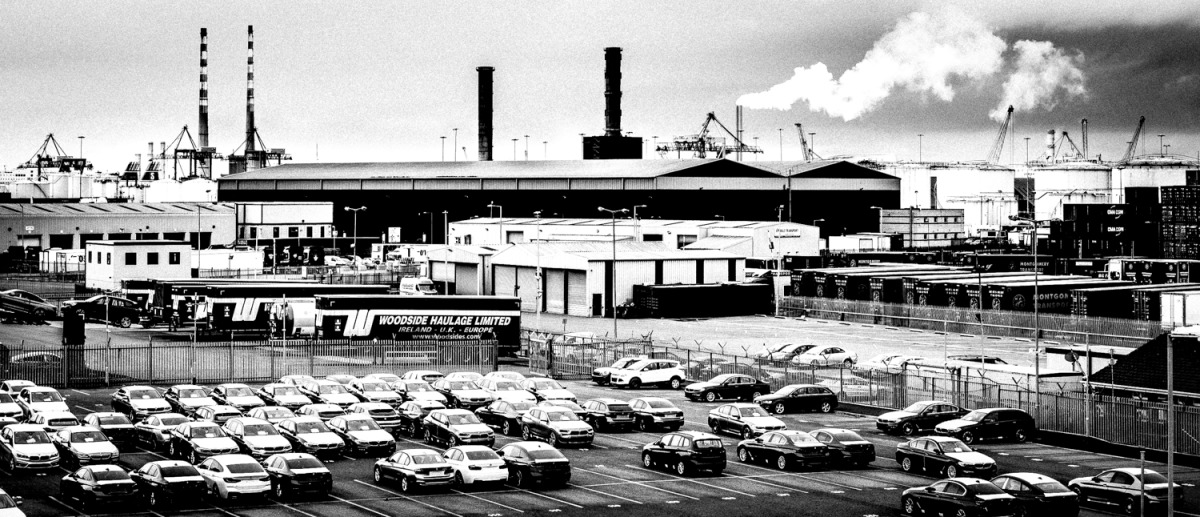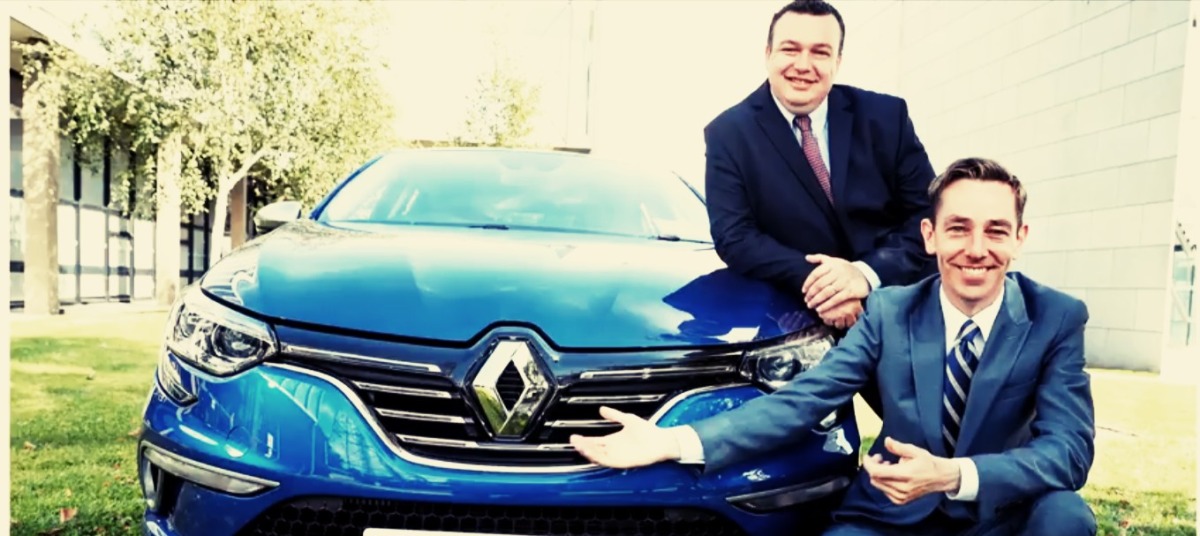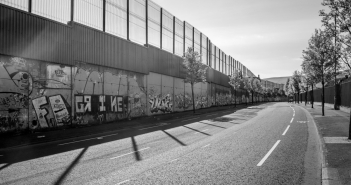And so, the omertà as to the RTÉ personnel getting ‘freebie’ cars has finally broken. It’s no coincidence that this was the only outlet probing this matter five years ago. We knew the topic was highly unlikely to be picked up by media reliant on revenue streams from advertising cars.
We also knew that covering the topic was unlikely to win any friends for this publication in the state broadcaster – generally not a wise move for a fledgling operation trying to make it in the Irish media landscape. Despite the obvious pitfalls, the editor published my original piece – and then followed up the matter in his own stoic fashion.
Sure enough, five years on, despite countless topics having been forensically covered by Cassandra Voices, and despite the editor having previously appeared on prime time RTÉ shows, they have never contacted him or this outlet regarding any topic featured herein. Cassandra was ‘cancelled’ almost as soon as she commenced.
Accounts and Accountability
Over the last week a series of details have emerged of a culture in RTÉ of personnel entering ‘side-deals’ where they benefit either by additional cash payments, or in kind – by way of high-value items such as cars or other luxury outings to prestigious sporting fixtures. Nice if you can get it.
This has come as a revelation to most Irish people – yet readers of this publication know that there has been a serious issue going back two decades. Unlike commercial operators, there is an onus on RTÉ to be accountable to the public as it relies on approximately €150 million in state funding via the licence fee each year.
Hence, it has long seemed apparent that there is a clear need for transparency to avoid conflicts of interest, especially when RTÉ employees engage in extra-curricular commercial arrangements.
Á la CaRTÉ?
Cassandra Voices has long since called on RTÉ to release an easily accessible register of interests, as occurs with personnel who work at the BBC. Yet RTÉ have steadfastly refused to countenance such a notion – and for that, they are now having to answer.
It is now of crucial importance to assess whether a Freedom of Information (FOI) request filed by Cassandra Voices with RTÉ in 2018 was answered with full and proper disclosure, as required by law.
At the time, RTÉ were asked to disclose records of payments, or payments-in-kind, from car dealership to leading RTÉ stars, approved by RTÉ ’s management since January 1st, 2017 under the Personal and Public Activities Guidance.
RTÉ’s FOI officer responded to say there was no record of any such payments or payments-in-kind. That FOI request was filed with RTÉ following an article by this writer, in which we outlined instances where RTÉ presenters had vilified other road users, notably cyclists – without making it clear to their audiences that they had ‘side-deals’ with car companies.
It seemed obvious to us that there was an ongoing culture of side-deals with car companies, especially given there had been previous public references to this by the then Labour TD, Tommy Broughan.
In hindsight, it was very brave of Broughan to raise the topic, given that TDs depend on media coverage to be elected. Today it turns out, courtesy of the Independent that there are in fact numerous side-deals between many RTÉ personnel and car companies. How credible is the FOI officer’s claim in 2018 that no such deals existed when asked by this small, independent media outlet?

BMW i3
Buy a Car to Save the Environment…
The real problem is not that personnel have enjoyed such arrangements, but that there is a lack of transparency – and that this coincides with an apparent de facto black-out of transport issues being covered in an adequate manner.
Dublin has been rated as the worst European capital among thirty for public transport by Greenpeace in 2023. Moreover, last year the OECD issued a stern assessment that castigated the Irish authorities for transport policy that is dependent on electric cars and mega-projects.
Yet there seems to have been little probing by RTÉ into the strategic issues underpinning this malaise. Instead we find the blithe assumption that the airport metro will be a panacea, and in the meantime, sure why not buy an electric car to save the environment?
New cars, by their nature, are of course bad for the environment – and electric cars bring their own set of problems, not least issues relating to mining for batteries, disposal of same, and, potentially, greater erosion of road surfaces, arising from the increased weight.
In many instances, it may make sense to keep an older vehicle, used infrequently, on the road – rather than buying a new car.
It is understandable, if lamentable, that commercial media should shy away from damning stories as it may scare advertisers. That is why the role of a public broadcaster working in the public interest is so important.
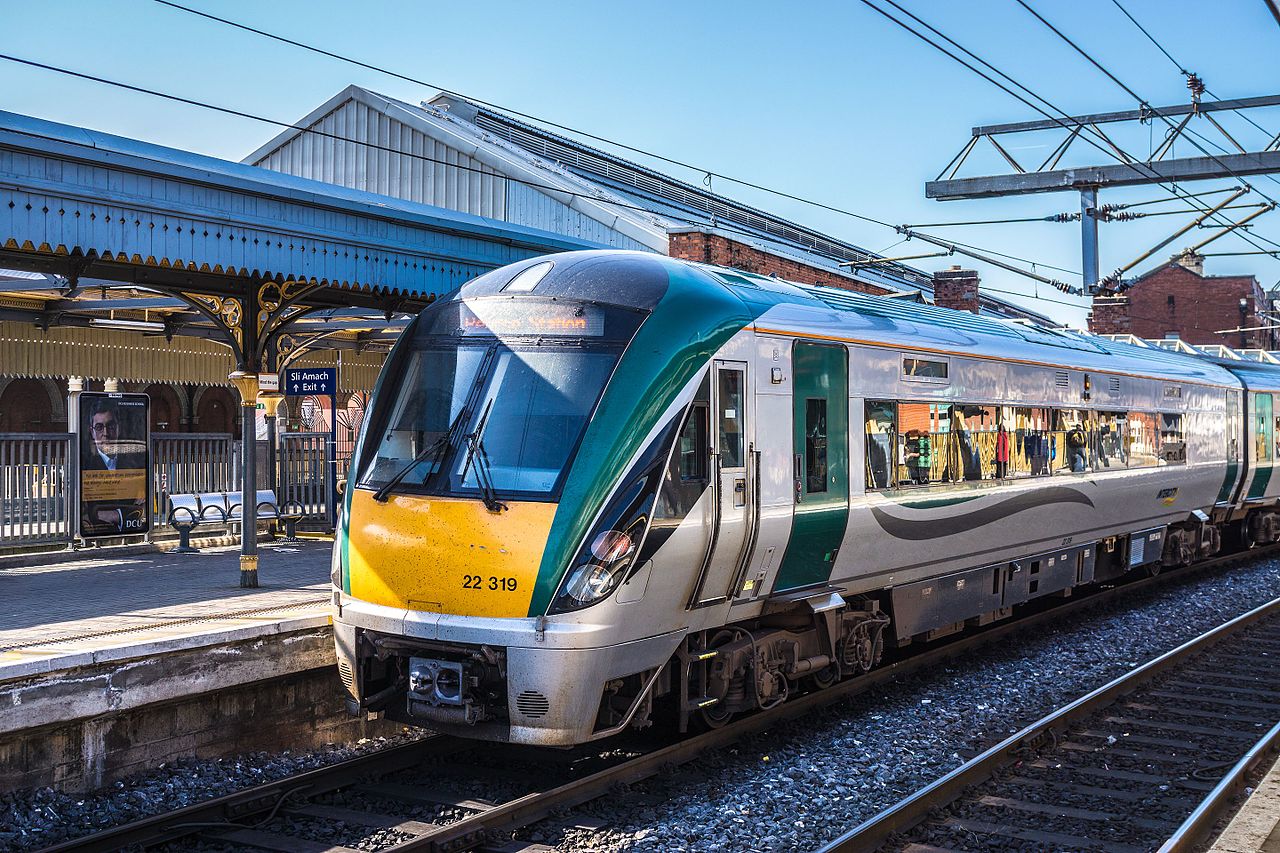
Train In Connolly Station – Dublin.
Fail Rail
A good example of how RTÉ operates is how they covered the ‘re-opening’ of the railway that passes through the Phoenix Park tunnel in Dublin. That railway connects the two main railway termini in Dublin, Heuston and Connolly Stations, linking the Cork and south-west commuter line from Heuston, through the north city centre, onto the Sligo and north-west commuter line that runs into Connolly.
The railway has been present for over a century, and for years, carried passenger trains between the two termini – provided the trains were empty. At the same time, Irish Rail, were proposing a multi-billion euro tunnel, DART Underground, so as to create a new link from Heuston around to the lines linking into Connolly.
Hence there was a line that could have been used, which Irish Rail were effectively refusing to use – but were instead proposing to spend billions. Why wasn’t RTÉ probing this matter?
Ultimately, the Phoenix Park line was brought into use in 2017, but the new operation is not without problems. Most obvious is that although trains now run between Connolly and Heuston Stations, the services do not stop at Heuston Station – and instead simply fly by an idle platform!
Although the new service passes through some of the most densely populated areas in the state, such as Ballyfermot, Inchicore, Cabra, and Phibsborough – the train only stops once in fifteen kilometres at Drumcondra, between Connolly and Park West Stations. A fit-for-purpose public broadcaster would surely have examined the issues involved, flagged to the RTÉ Dublin correspondent John Kilraine at the time.
Instead, having studiously ignored the existence of this railway for many years, on the day of the re-opening of the tunnel to passenger services, the matter was simply presented as a ‘good news’ story.
The modus operandi of RTÉ in this instance appears to have amounted to a suppression of the facts, until state policy mandated a change, where upon it was a case of ‘hooray for happy days’. Such an approach is not good enough. Irish Rail would not have been able to obscure the existence of that key railway had RTÉ been doing its job properly.
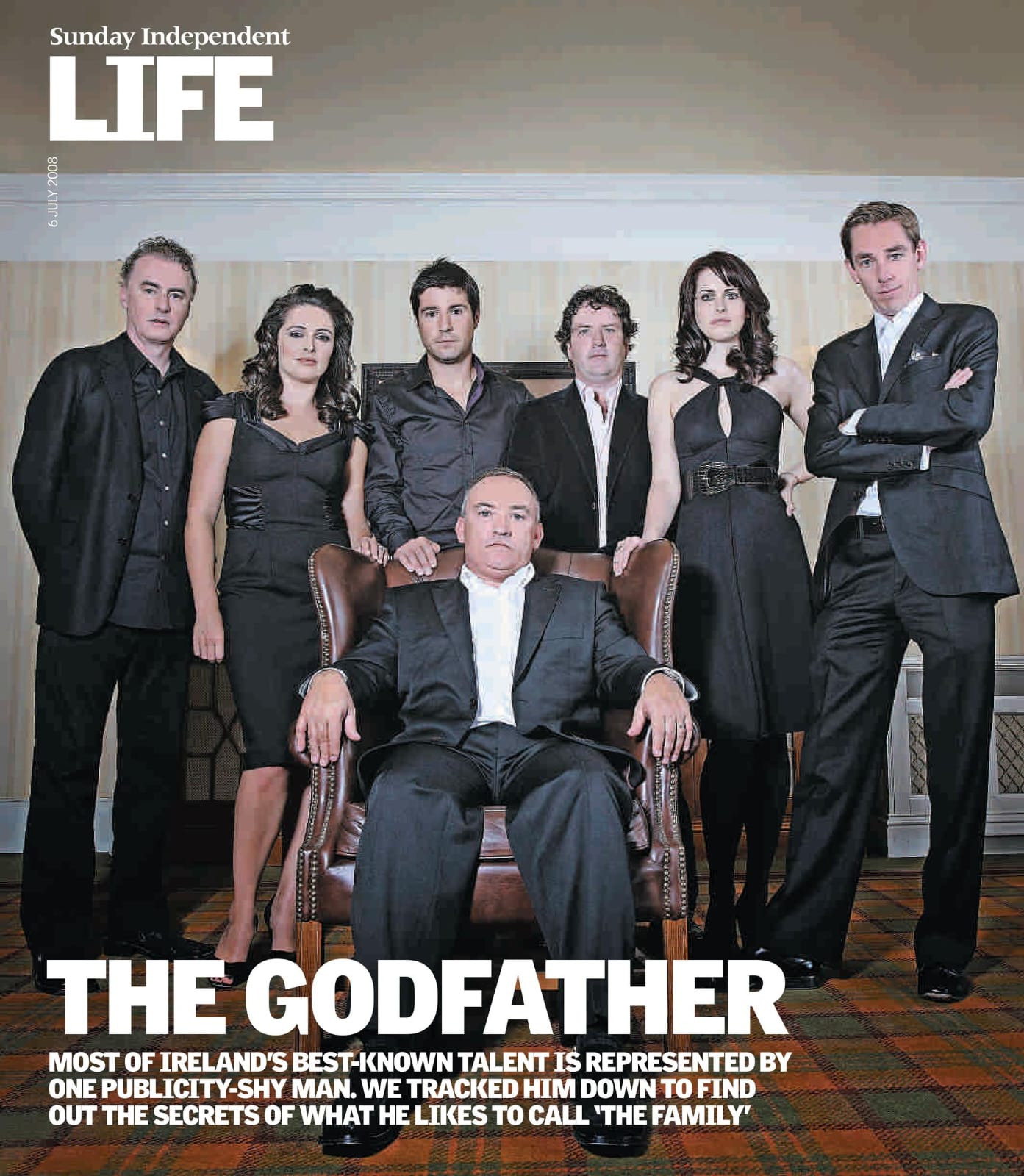
Irish Independent, 2008.
UnchaRTEd territory?
It remains to be seen if RTÉ staff can redeem the reputation of the state broadcaster. This week’s outings to the Dáil did not inspire much confidence – particularly when the Chief Financial Officer was unable to recall his own payment levels; two hundred thousand euro, as we subsequently learned.
As RTÉ correspondent Paul Cunningham observed, it turns out that there has been a ‘special arrangement for special people’.
Although Cassandra was the lone voice raising such unpopular questions a few years ago, the levee has now properly broken, and it has emerged there have been all sorts of ‘side-deals’ and unusual accounting procedures that have facilitated junkets, luxury outings, ‘freebie cars’ and hidden payments. It will be interesting to see what else comes out. The public deserves a lot better from its national broadcaster.
Feature Image: Daniele Idini


